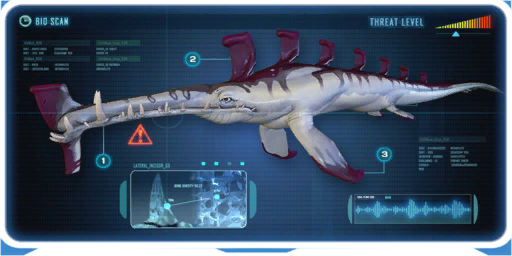

Further these prey could expect earlier dental senescence. We predicted that individuals investing more effort in foraging would be killed more frequently by stalkers, predators that often exploit behavioral vulnerabilities. However, such prey could expect delayed dental senescence. We predicted that prey investing less effort in foraging would be killed more frequently by coursers, predators that often exploit physical deficiencies. We explored the relationship between carnivore prey selection and prey foraging effort using incisors collected from the kills of coursing and stalking carnivores.

Allocating resources to growth and reproduction requires grazers to invest time in foraging, but foraging promotes dental senescence and constrains expression of proactive antipredator behaviors such as vigilance.


 0 kommentar(er)
0 kommentar(er)
